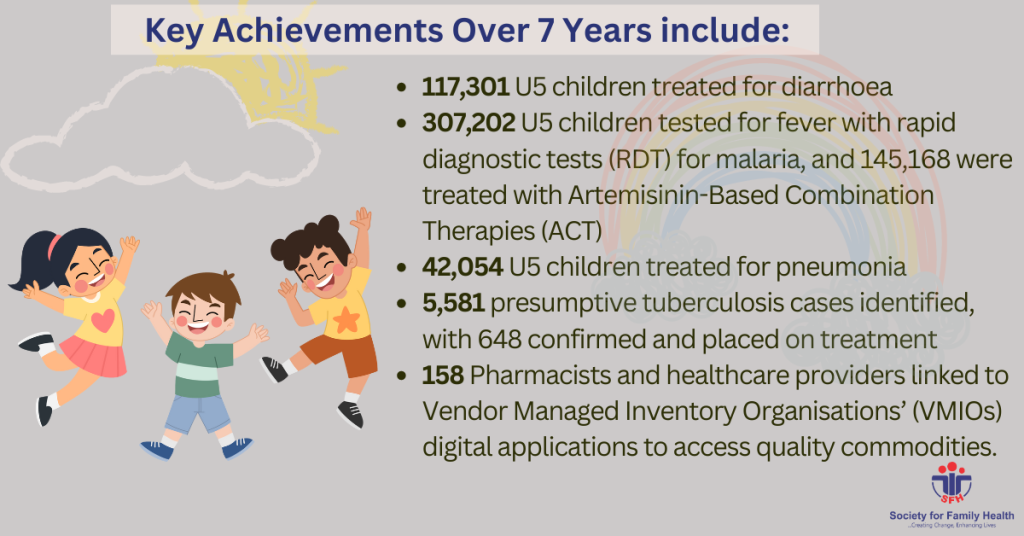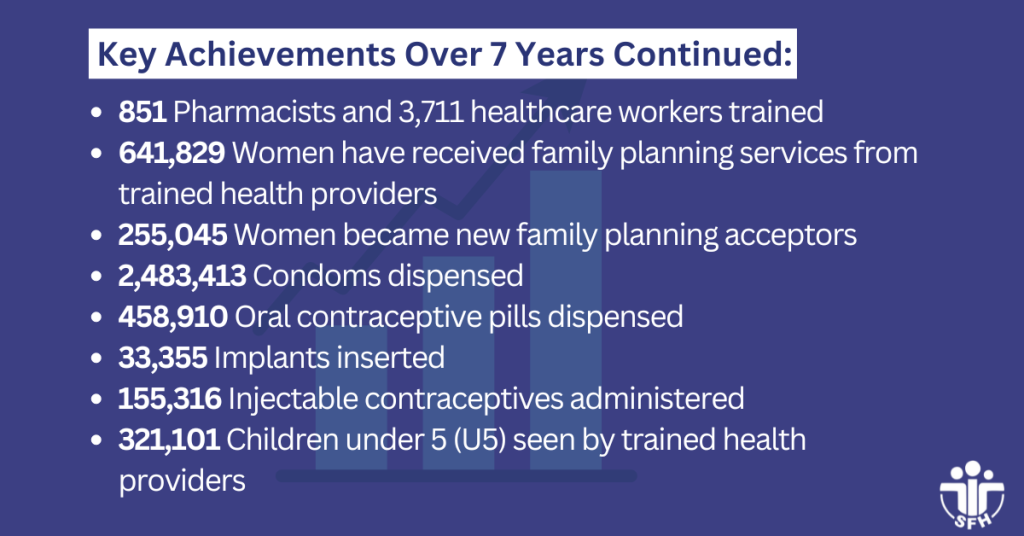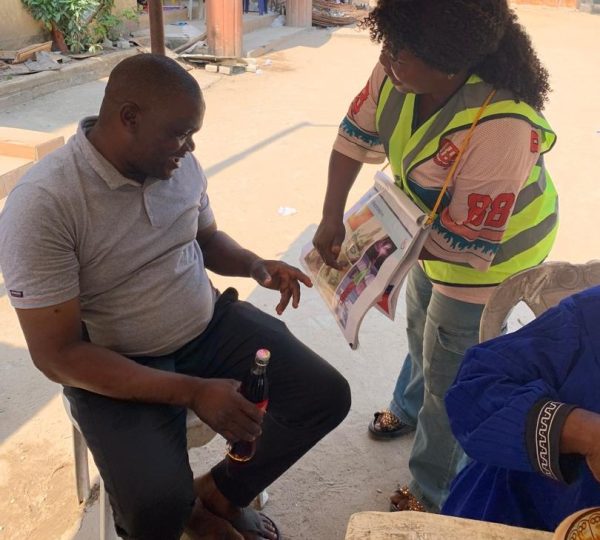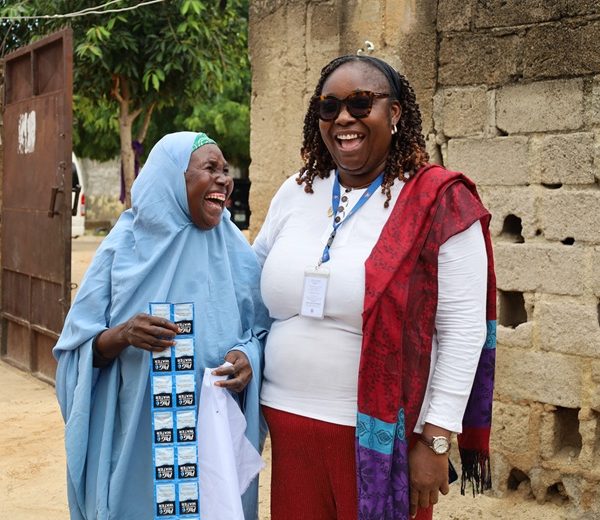Recognising the Pillars of Health Systems Strengthening on World Pharmacists Day
Delafrida Ukaga, Michael Alagbile, Kene Eruchalu, Emeka Okafor, Sebastine Ikejide, Jane Egbuchiem, Judith Dogo
Each year on September 25 we celebrate World Pharmacists Day, a day dedicated to recognising Pharmacists’ critical contributions to global healthcare. This year’s theme, “Meeting global health needs”, highlights the transformative role of Pharmacists as integral members of healthcare systems worldwide. From acting as health advisors, educators and caregivers, pharmacists are instrumental in improving access to care and promoting health equity.
In countries like Nigeria, particularly in underserved communities where healthcare infrastructure is often limited, pharmacists, although associated with providing pharmaceutical care, are stepping up to bridge the gaps created by the unavailability of other healthcare professionals such as doctors and nurses. They are at the forefront of promoting public health, providing patient-centred care, and playing an essential role in disease prevention, managing primary illnesses, and delivering health education that promotes health and wellbeing towards the objectives of Universal Health Coverage (UHC).
Society for Family Health through the IntegratE and Promoting Accreditation for Community Health Services (PACS) projects recognises the crucial role community pharmacists play as the first point of care, largely due to their accessibility, availability, and the trust they have built within their communities. Across 11 Nigerian states, these projects have trained pharmacists to provide essential healthcare services, including family planning services (oral pills, Implants, injectables), with required referrals to healthcare facilities for more complex procedures like Intrauterine device (IUD) insertions. Pharmacists have also been trained to build the capacity of clients on self-administered injectables including Depot-Medroxyprogesterone Acetate Subcutaneous (DMPA-SC) known as Sayanna Press thus helping to reduce unintended pregnancies, unsafe abortions, and maternal mortality. Pharmacists through empathy-driven counselling are also breaking down cultural, religious, and social barriers to family planning, creating a supportive environment where women feel empowered to make informed decisions about their reproductive health.

Beyond reproductive health, pharmacists play a key role in delivering primary healthcare services such as treatment for malaria, maternal & child nutrition, diarrhoea, pneumonia, and tuberculosis. By ensuring women and children under five have access to basic healthcare in their local communities before being referred to primary or secondary facilities, they help reduce mortality rates and prevent the strain on an already overburdened healthcare system. Their expertise in medication therapy management also ensures that patients understand how to properly use their medications, thereby reducing hospital readmissions due to errors and saving lives in the process.
These remarkable achievements show ways pharmacists are helping to avert unintended pregnancies and reduce maternal and child mortality amongst other things. Looking ahead, the role of pharmacists will continue to expand with the rise of digital health technologies. Telemedicine, online consultations, and mobile health apps are reshaping how pharmacists deliver care, allowing them to provide more personalised, data-driven services to patients while improving medication adherence and preventing harmful drug interactions.

As we commemorate World Pharmacists Day, it’s important to recognise that the future of global health depends on the full inclusion of pharmacists in decision-making and health policy development. They are not merely dispensers of medication but guardians of public health, standing at the intersection of care and community. Their dedication and expertise are shaping a future where healthcare is accessible to all. We must continue to invest in their development, expand their scope of practice, and acknowledge their invaluable contributions to building stronger, more resilient, and equitable healthcare systems. To the heroes of our healthcare systems—the pharmacists—we salute you!





